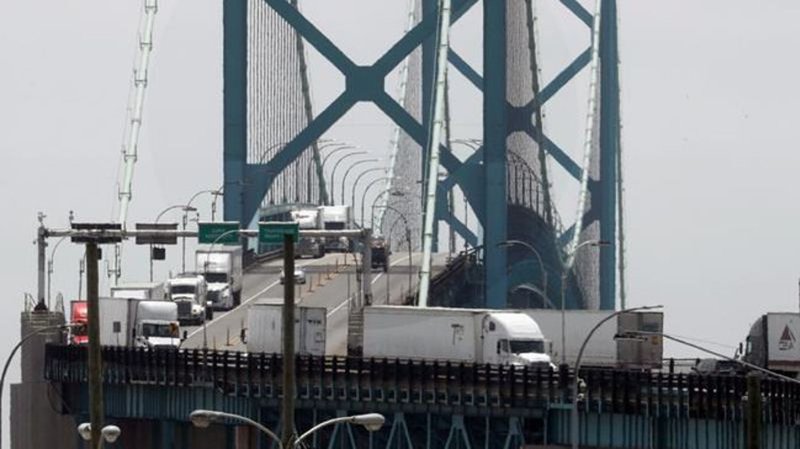
Public Health Agency of Canada involved in ‘error’ on trucker vaccine rules: sources
OTTAWA — Turmoil and confusion over whether truckers would remain exempt from the vaccine mandate last week stemmed from bureaucrats misinterpreting policy in more than one federal agency — including the one that co-ordinates Canada’s response to the COVID-19 pandemic.
The trucking industry was caught by surprise Jan. 12 when the Canada Border Services Agency sent a statement to media saying that unvaccinated and partially vaccinated truck drivers crossing into Canada from the United States would remain exempt from the vaccine mandate that had long been expected to come into force last weekend.
The federal government reversed itself again the next afternoon with a statement that said the information shared the day before had been sent “in error.” The exemption would still end Jan. 15, meaning truck drivers would need to be fully vaccinated if they wanted to avoid a two-week quarantine and pre-arrival molecular test for COVID-19 before crossing into Canada.
The government provided no more explanation for the botched messaging, which one trucking industry association said had prompted some unvaccinated big-riggers to be dispatched across the border during the period of time when everyone thought Ottawa had backed down.
